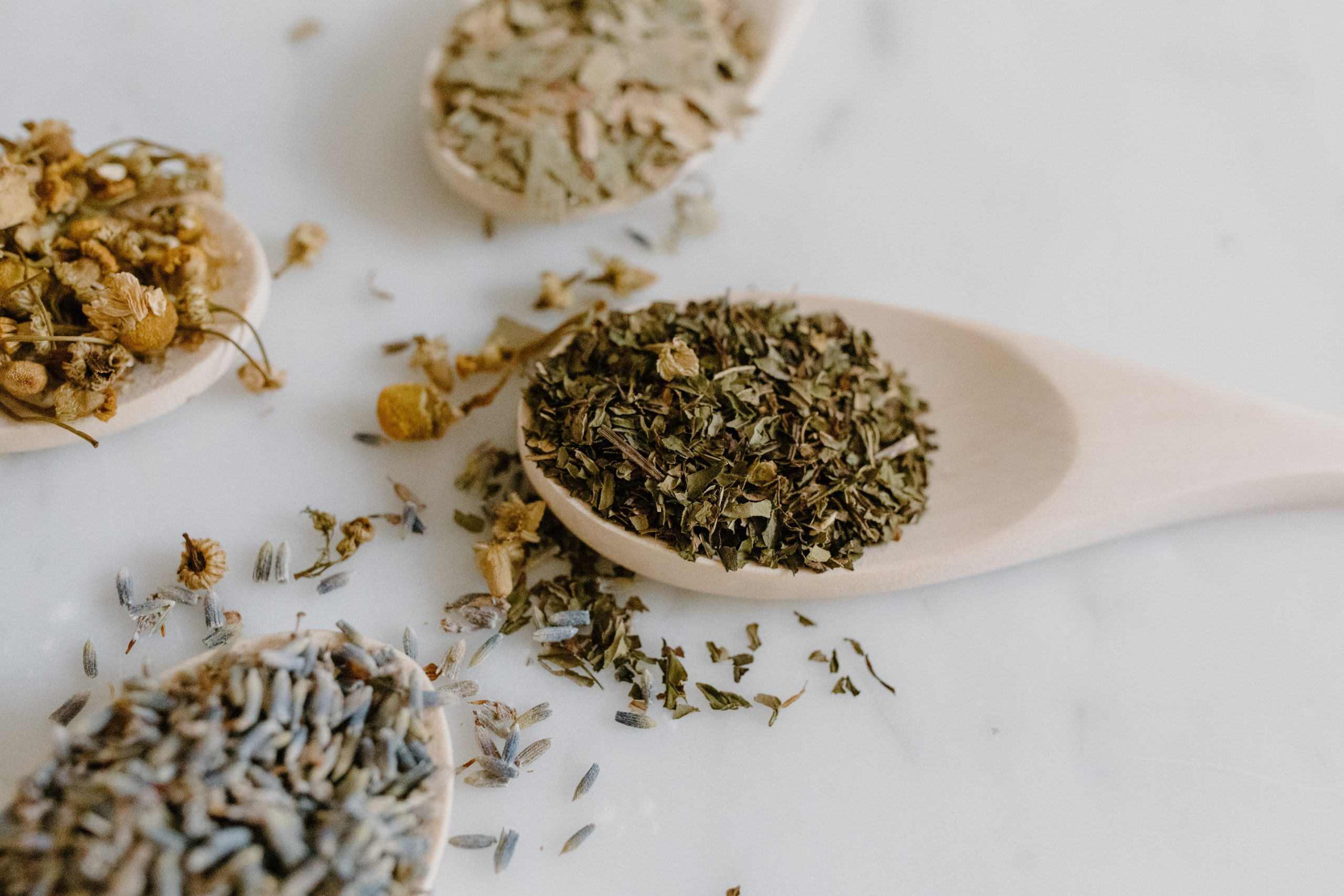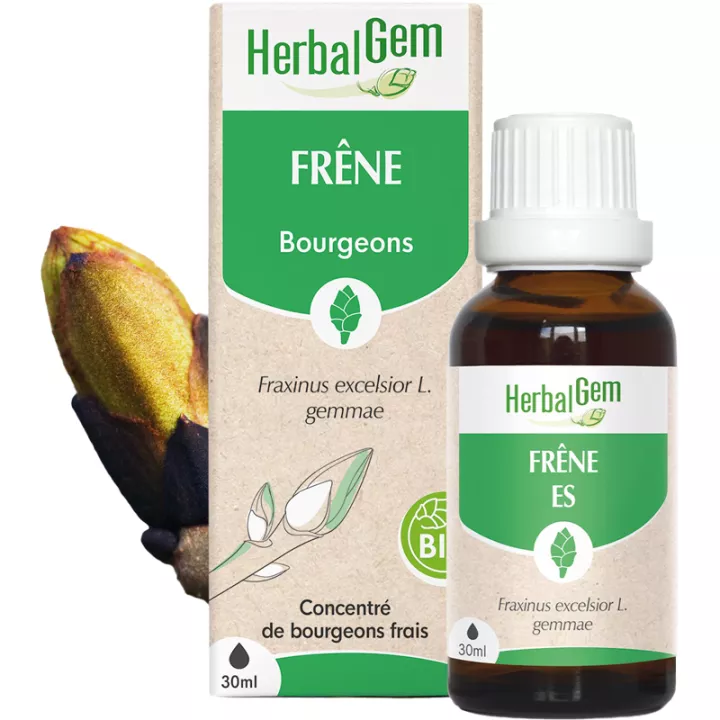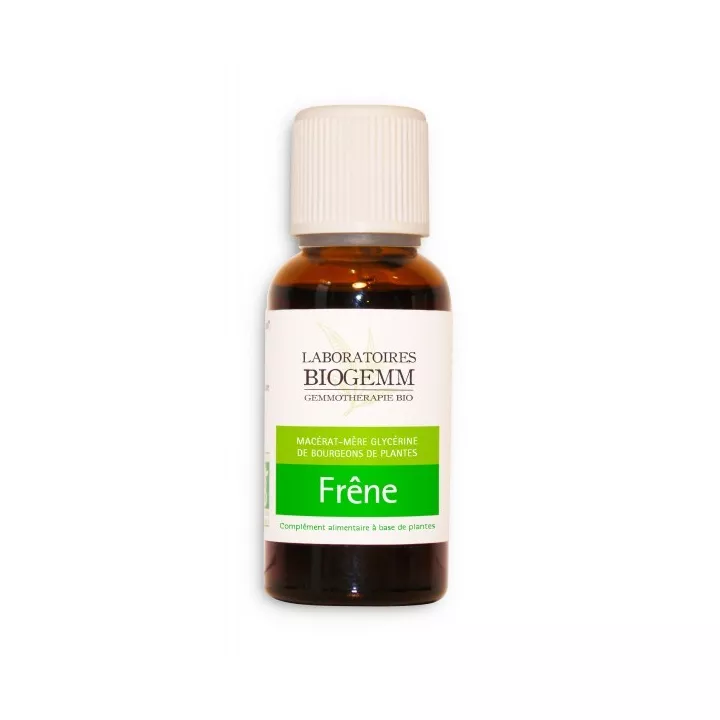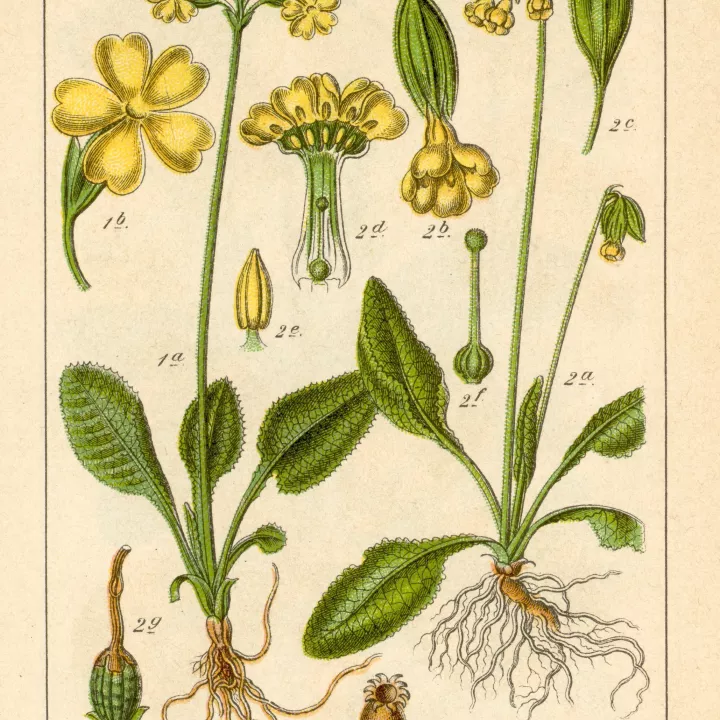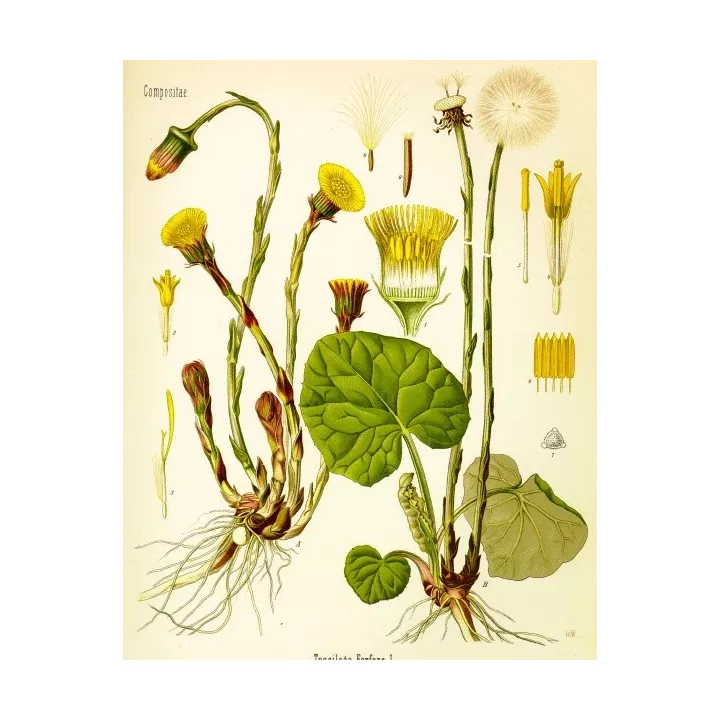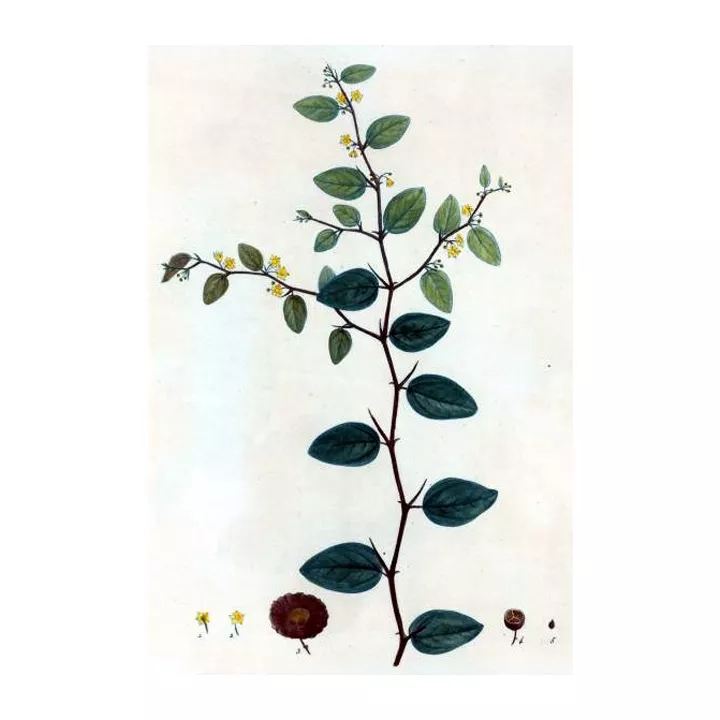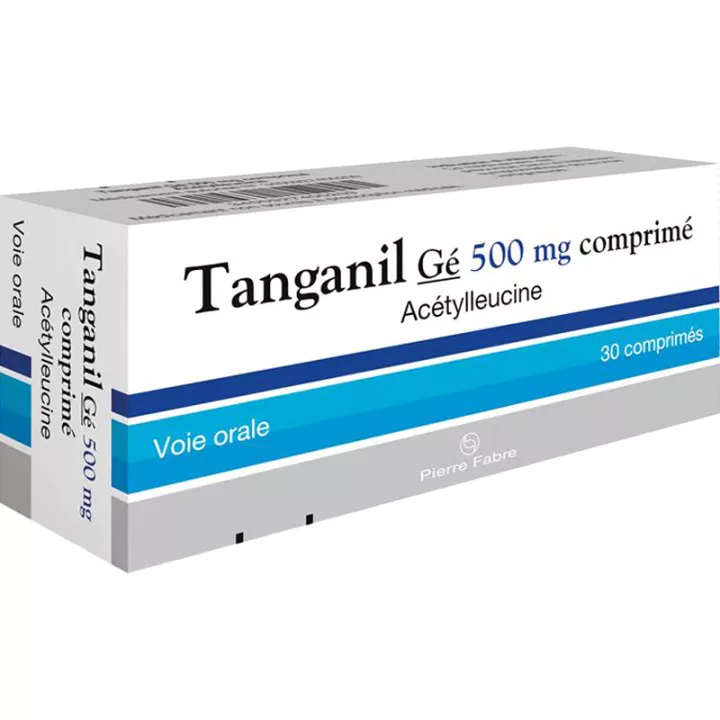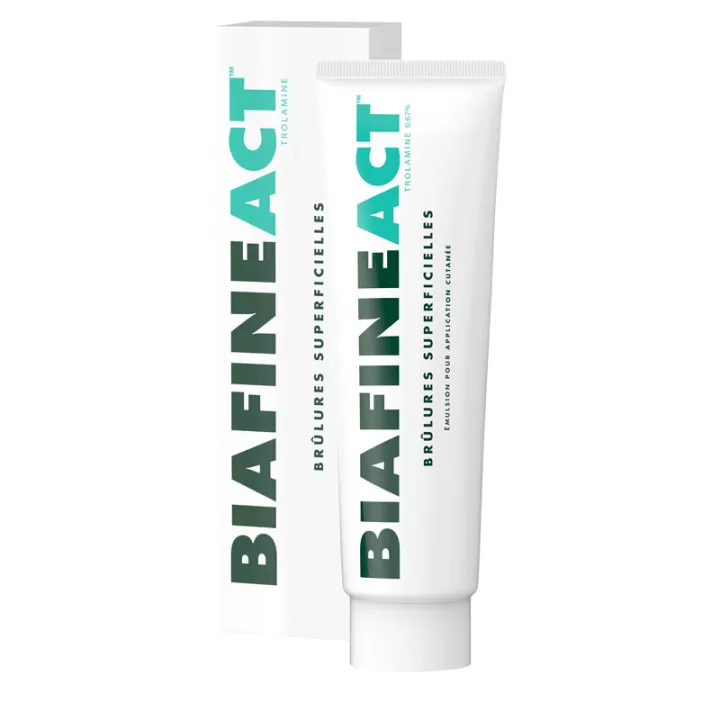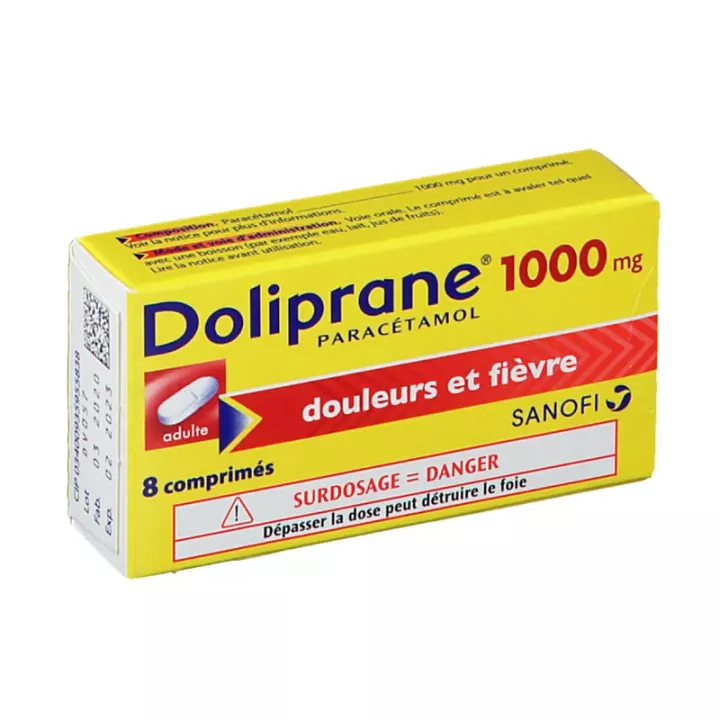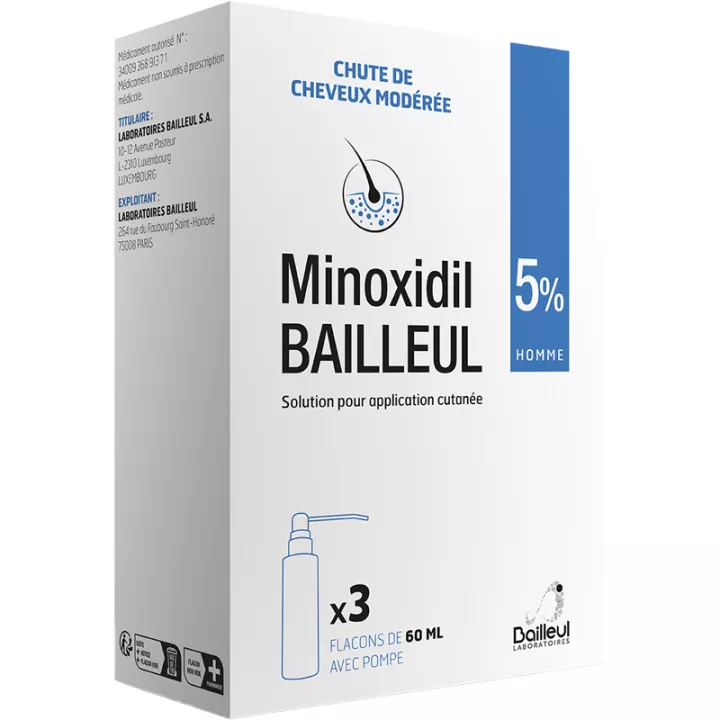What is Ash Leaf Tigette cut Iphym Herbalism Fraxinus excelsior L. used for?
Welcome to our online herbalist's shop, where we offer a selection of quality medicinal plants, including ash tree tops. Ash is a majestic tree, found in many parts of the world, with many beneficial health properties.
Ash tree tops are mainly used in herbal medicine for their diuretic properties, ideal for combating water retention and edema. In fact, they help eliminate excess fluids in the body by increasing urine production, making them particularly useful for people suffering from water retention or swelling due to poor circulation. In addition, they act as a natural support for the kidneys, facilitating their function of eliminating toxins and metabolic waste.
The anti-inflammatory properties of ash buds are also highly appreciated, particularly for relieving pain associated with rheumatic and joint diseases such as arthritis and gout. Thanks to the presence of active compounds such as rutoside and coumarin heterosides, these buds help to reduce inflammation and pain in the joints, promoting better mobility and quality of life for those suffering from chronic pain. These anti-inflammatory effects are also beneficial for people suffering from muscle pain after intense physical activity.
Ash buds also have a remarkable anti-gouting effect, helping to reduce uric acid levels in the blood. The accumulation of uric acid can lead to painful gout attacks, and regular use of ash buds helps prevent these by facilitating the elimination of this excess by the kidneys. This makes it a highly sought-after natural remedy for those seeking to prevent gout attacks without resorting to chemical drugs.
In addition to their therapeutic properties, ash buds are a valuable source of essential nutrients. They contain vitamins A, C and K, as well as minerals such as calcium and potassium, which are essential for strengthening the immune system and maintaining good bone health. These nutrients not only help protect the body against infection, but also promote the growth and regeneration of bone tissue, helping to prevent deficiencies and support optimal health.
The digestive benefits of ash buds are not to be outdone. They are known for their ability to relieve bloating and flatulence, facilitating harmonious digestion. The active compounds present in the leaves and young shoots help soothe intestinal spasms and promote smoother digestion. These effects are particularly appreciated by people suffering from occasional or chronic digestive disorders, offering them greater digestive comfort on a daily basis.
Iphym also offers Fucus vesiculosus Thalle Coupé, at the best price in our online pharmacy.
How to use this plant
To benefit from the properties of ash buds, we recommend using them as an infusion. Here's how to do it:
- Light infusion: For a mild diuretic and laxative action, infuse 5 g of leaves in 1/4 liter of boiling water for 10 to 15 minutes. Filter and consume 1 cup on an empty stomach and the other 2 during the day, ideally for a 15-day course.
- Concentrated infusion: For a more powerful effect, particularly against joint pain and digestive disorders, prepare an infusion with 20 to 50 g of buds per liter of boiling water. Leave to infuse for 15 minutes, strain and consume up to 500 ml a day in several doses.
- Folk medicine: In south-eastern Morocco, dried ash roots are also used in the form of boiled powder to relieve high blood pressure. If you'd like to try this traditional method, ask a qualified herbalist for advice.
Give your opinion on the advice for use and dosage of Frêne Feuille Tigette coupé Iphym Herboristerie Fraxinus excelsior L. with our partner Verified opinions after your purchase.
Precautions for use
Ash is for adults only. If you are pregnant or breast-feeding, do not use ash. Follow these recommendations for safe use:
- Take ash cures of 5 days out of 7, or 3 consecutive weeks followed by a one-week break.
- Because of its diuretic effect, drink at least two liters of water a day during treatment.
- If joint pain persists beyond 4 weeks, consult a doctor. Similarly, in the event of redness, swelling or fever, consult a doctor as a matter of urgency.
- If urinary disorders persist beyond 2 weeks of treatment, it is imperative to consult a health professional. The presence of fever, pain, difficulty in urinating or blood in the urine requires immediate medical consultation.
Do not use ash if :
- You are taking anticoagulants, diuretics or antihypertensive drugs.
- You have a stomach ulcer or urinary tract infection.
- You are awaiting surgery or suffer from kidney lithiasis.
If in doubt, consult your doctor or ask our pharmacists for advice.
What does it contain?
Latin name: Fraxinus excelsior L.
Family: Oleaceae, Oleaceae
Other names: Fresne, Fraine, Quinquina d'Europe, Langue d'oiseau, grane frane
Fraxinus comes from the Greek frasso, "to squeeze", or from the Latin fragasus, meaning "rough and resounding"; excelsior, "high", "slender". Ash is a large, rough tree.
Presentation
Available in 100 g, 250 g or 1 kg sachets, our ash buds are carefully harvested and packaged to preserve all their properties.
